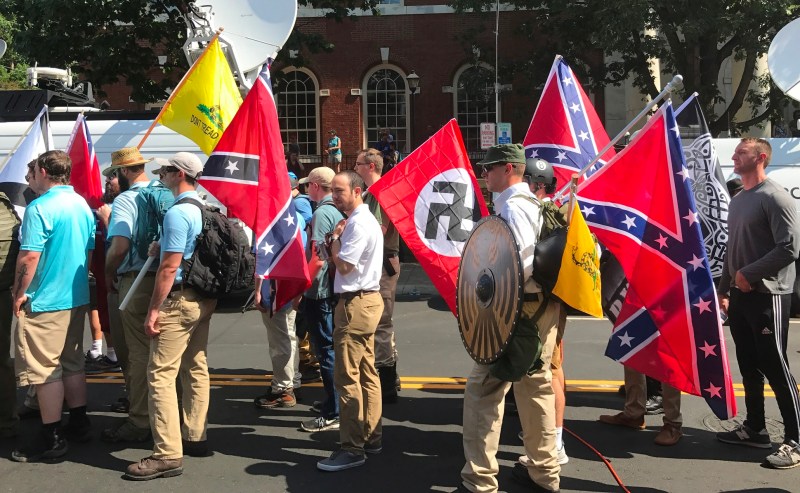Donald Trump is a Fascist, and It’s Time We Stop Pretending Otherwise

The U.S. military has begun appearing on U.S. streets in response to protests against police brutality and murder. The president has threatened more aggressive action, and fears abound about whether Trump can use the Insurrection Act to override the Posse Comitatus Act (an 1878 law that limits the president’s ability to deploy the military on U.S. soil). Meanwhile, in his latest tantrum, Trump has issued an executive order to attack the lawsuit protections granted to social media companies under his false belief that a notification of a fact check on a publicly available tweet constituted censorship. Lawsuits challenging the order have already been filed, and we wait now to see what will be the next step in the increasingly unhinged rants and flails of a president who too often seems to live in an alternate reality. In all of this, I’ve pondered a question I asked my students in a college writing class in 2017: is Donald J. Trump a fascist? Throughout the semester, they read non-fiction and literature ranging from Umberto Eco’s “Ur-fascism” to Sinclair Lewis’ It Can’t Happen Here to better understand what fascism is and the influence it had on U.S. culture. Back in 2017, the answer was a definitive “no, but.” No, he’s not a fascist, but he is an authoritarian. No, he’s not a fascist, but his behavior is unsettling. No, he’s not a fascist, but we should still be concerned. The question is one that the nation has struggled with since Trump’s election. There’s a good reason for that: fascism is, for most U.S.-Americans, an ill-defined concept. Much like the phrase “science fiction,” most of us are only equipped to identify it when we see it, and even then, not very effectively. I sought to combat that in my fascism course, and I’ll turn to some of that knowledge here to once more consider that infamous question.